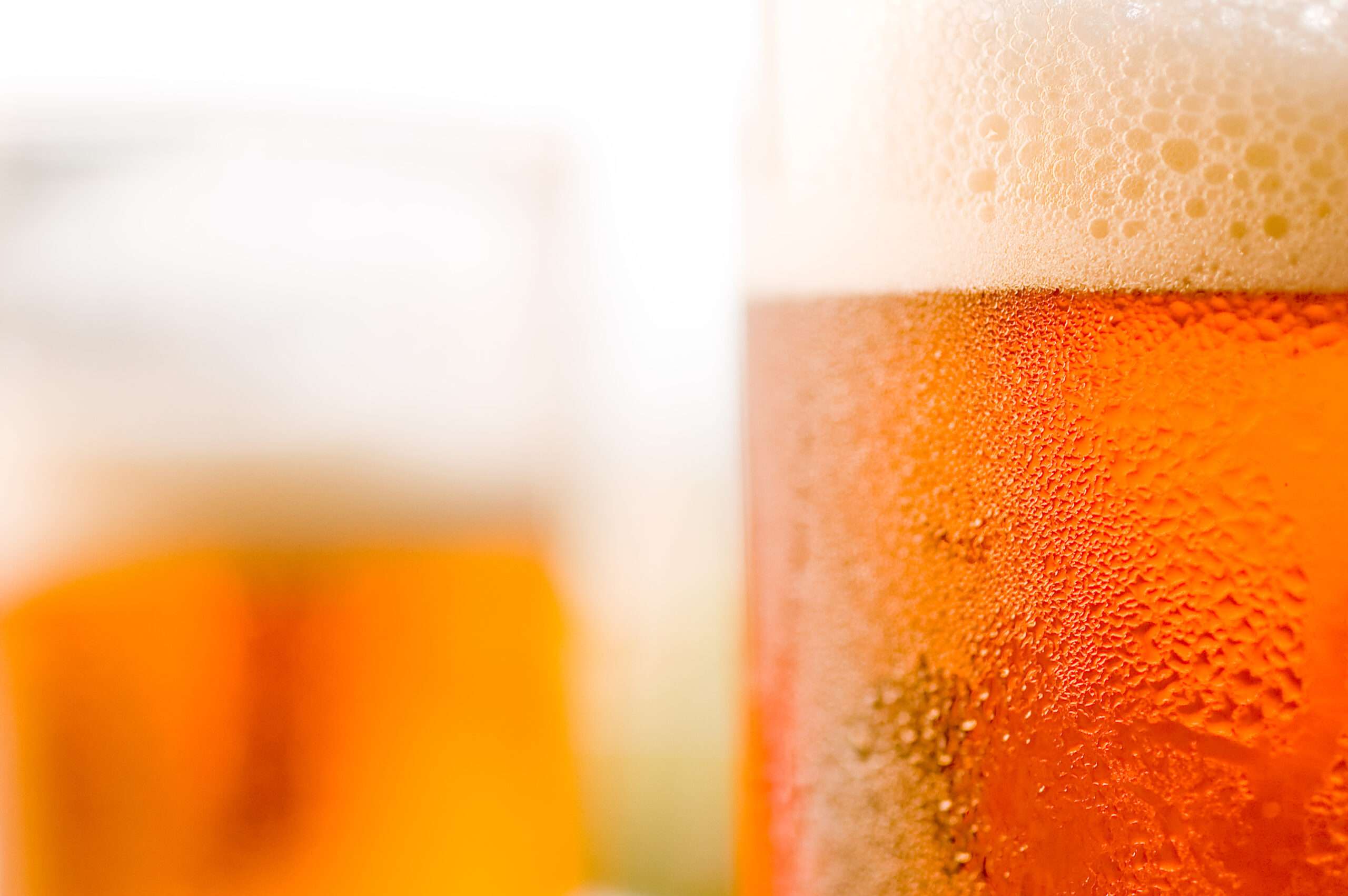The tax code in America is famously convoluted, especially when it comes to alcohol taxation. Wine, beer, and liquor are all subject to varying tax rates based on complex calculations, but the “bubble tax” for hard cider takes the complexity to a whole new level.
Alcoholic cider is taxed based on the carbonation it contains, adding an extra layer of complexity to an already intricate system. Craft cider makers are feeling the squeeze of this arbitrary taxation, hindering the industry’s growth potential.
Under the federal code, alcoholic cider can be classified as hard cider, still wine, or sparkling wine, each with significantly different tax rates. The categorization is determined by a three-part formula based on the type of fruit used, alcohol content, and carbonation level.
The tax implications extend to consumers, as modern preferences for beer-like carbonation levels in alcoholic beverages put pressure on cider makers to adjust their products. This can have financial implications for small businesses in the industry.
Craft cider makers are striving to meet consumer demands by diversifying their products, but the restrictive tax rules are limiting the industry’s potential for growth. Many in the industry feel that these tax regulations are unnecessarily stifling their ability to expand and thrive.
Efforts are being made in Congress to address the bubble tax through bipartisan legislation, aiming to create a more level playing field for cider makers. However, a broader reform of the alcohol taxation system to focus on a drink’s alcohol by volume (ABV) level rather than arbitrary classifications would be the most effective solution.
Craft cider, with its rich American history, deserves a more straightforward approach to taxation. As one Michigan cider maker aptly put it, “It’s not expressing the free market. The government needs to get out of the way.”






